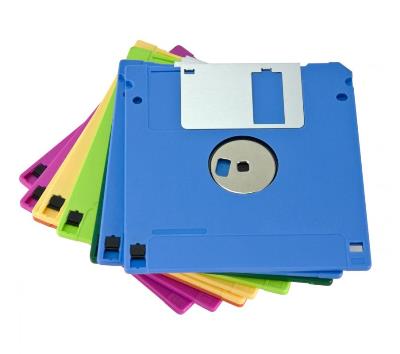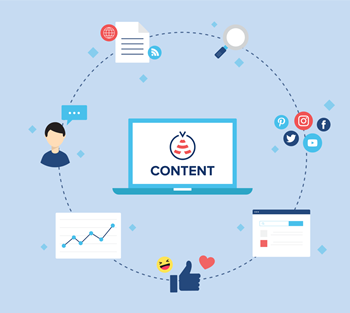This interesting article ‘Artificial intelligence: Everyone wants it, but not everyone is ready‘ takes an interesting angle on the spread of AI-driven systems throughout organizations: as for all new tools, success requires to change the way organizations work, and not all organizations are ready for that change.

“While many AI and machine learning deployments fail, in most cases, it’s less of a problem with the actual technology and more about the environment around it,” says Harish Doddi, CEO of Datatron. Moving to AI “requires the right skills, resources,?and?systems.“
“While it’s arguably true that AI can add significant value to practically any department across any business, one of the biggest mistakes a business can make is to implement AI for the sake of implementing AI, without a clear understanding of the business value they hope to achieve“. In particular, understanding how data biases or poor data hygiene can affect AI algorithms, understanding those effects and how they influence performance appear to be an essential capability.
In addition, the organization processes and particularly the data production, gathering and structuring appears to be an essential area for review and upgrade when implementing AI-based tools.
Like any new powerful tool, AI has transformational impact on organizations and the way their data is gathered and managed. This should not be overseen when implementing those new capabilities.










